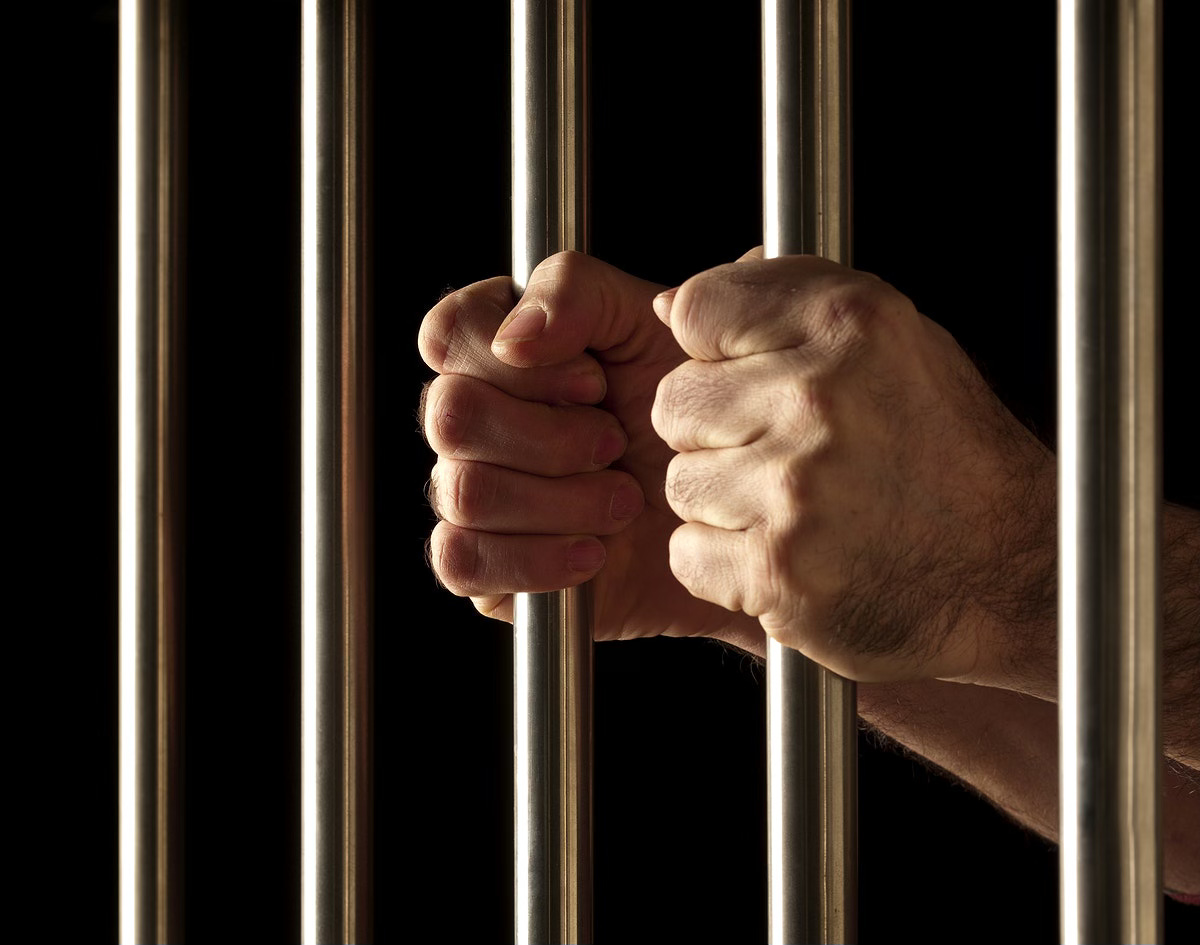In the Shadow of Doubt
Unearthing the Truth Behind Wrongful Convictions
In the labyrinthine corridors of justice, where the air is thick with the weight of legal tomes and the solemn promise of fairness, there lurks a chilling specter: the shadow of wrongful conviction. This grim reality transcends the plot of any crime thriller, ensnaring individuals in the cold, unforgiving grasp of mistaken identity and flawed judicial processes, both in the United States and around the world.
Imagine standing in a courtroom, the embodiment of justice towering above, only to have your fate sealed by a mistaken witness, a coerced confession, or a misplaced piece of evidence. The Innocence Project, a beacon of hope in this murky realm, reports a disturbing increase in exonerations, with recent years witnessing a significant rise. In 2021 alone, 182 wrongful convictions were overturned in the United States, reflecting a system marred by errors and oversights. This trend, while highlighting a critical shift in the recognition and rectification of grave injustices, also poses questions about the evolution of the justice system over the years. For instance, the 1990s saw a lower rate of exonerations, pointing to a growing awareness and improvement in legal advocacy and forensic technology.
The narrative of individuals like Anthony Ray Hinton, who endured nearly 30 years on death row for a crime he did not commit, illustrates the catastrophic impact of wrongful convictions. His life story underscores the critical need for reform and the ongoing fight against judicial error, representing the struggle faced by many in the shadow of a flawed system.
The issue of wrongful convictions is not confined to the United States. Countries around the globe grapple with similar challenges, though the extent and nature of the problem can vary widely. For example, in the United Kingdom, the Criminal Cases Review Commission works to overturn miscarriages of justice, reflecting different approaches and legal frameworks aimed at addressing wrongful convictions.
Recent data from the National Registry of Exonerations show that people of color are disproportionately represented among the wrongfully convicted, with Black individuals comprising nearly 50% of exonerees in the past decade in the United States. This disparity is a stark reminder of the systemic biases that pervade judicial processes, necessitating comprehensive reform.
The psychological and communal repercussions of these judicial tragedies are profound. Despite the growing number of exonerations, the underlying issues remain pervasive, necessitating a call to action for comprehensive judicial reform. Advocates like Josh Dubin emphasize the importance of evidence-based reforms, including the adoption of advanced DNA testing, enhanced legal representation, and the establishment of independent review boards.
There have been success stories where reforms have led to significant improvements. For instance, the implementation of DNA testing has not only exonerated innocent individuals but also led to reforms in the criminal justice system to prevent future wrongful convictions. These positive outcomes demonstrate the potential for systemic change and the importance of continued advocacy and reform.
As we navigate the twilight of trust in the justice system, the increasing trend of exonerations serves both as a warning and a beacon of hope. It underscores the imperative to reexamine and reform the mechanisms of law and order, ensuring accuracy, equity, and justice. In a truly just society, the shadows of wrongful conviction should be eradicated, replaced by the clear light of truth and fairness, guiding the way forward.


